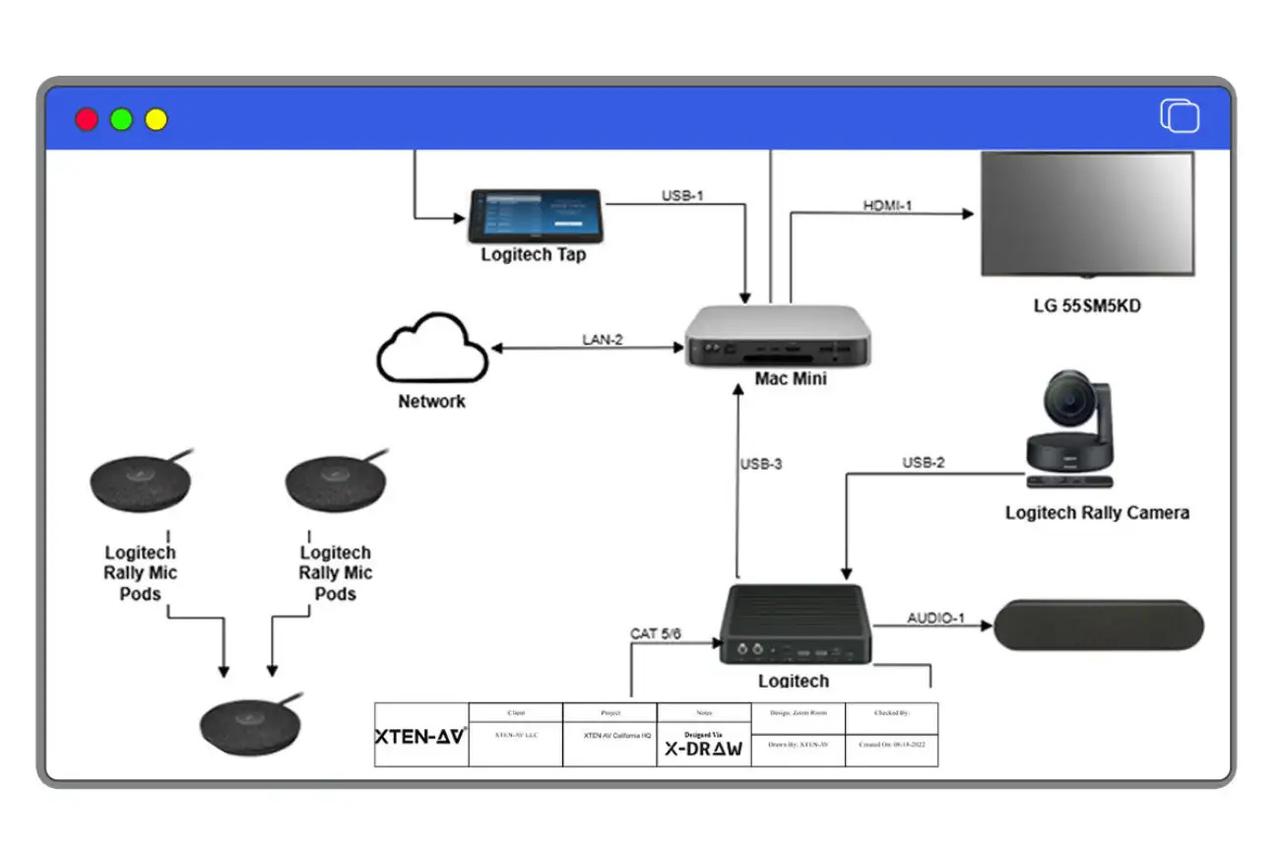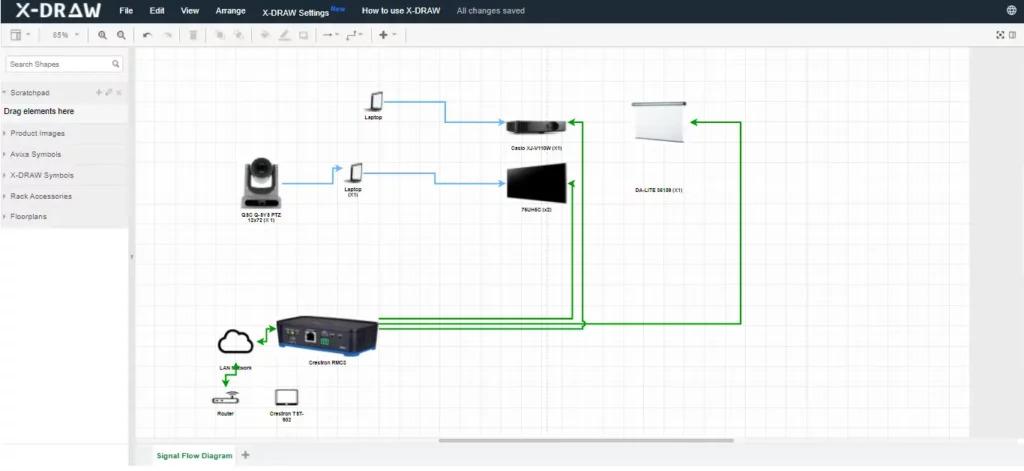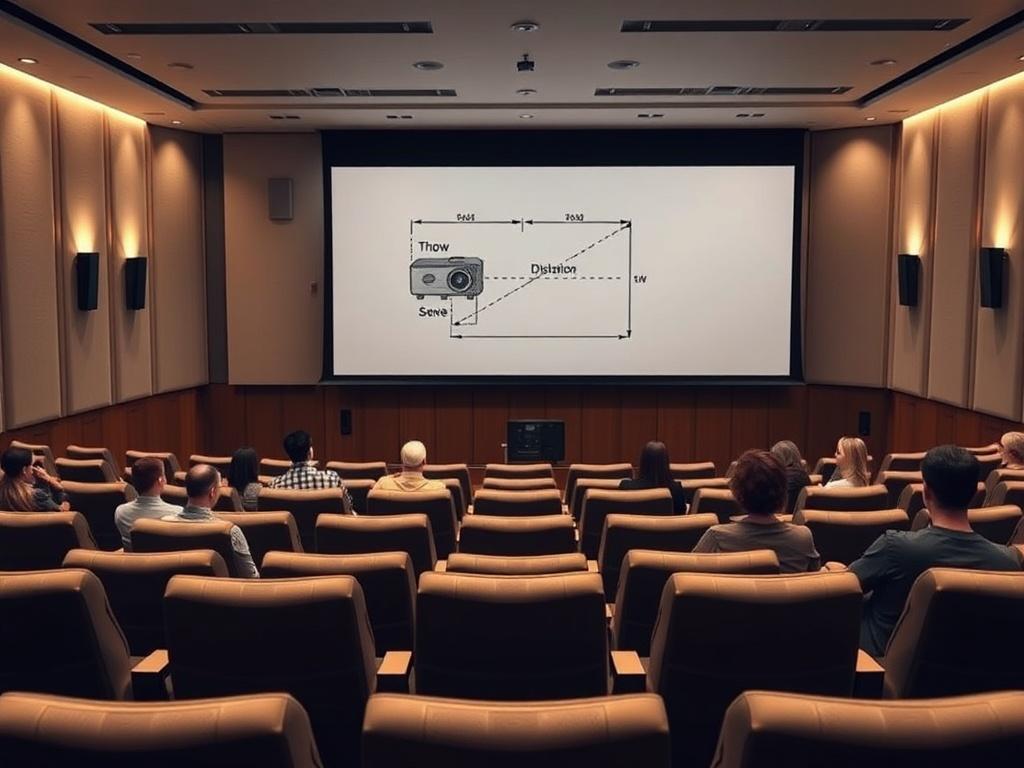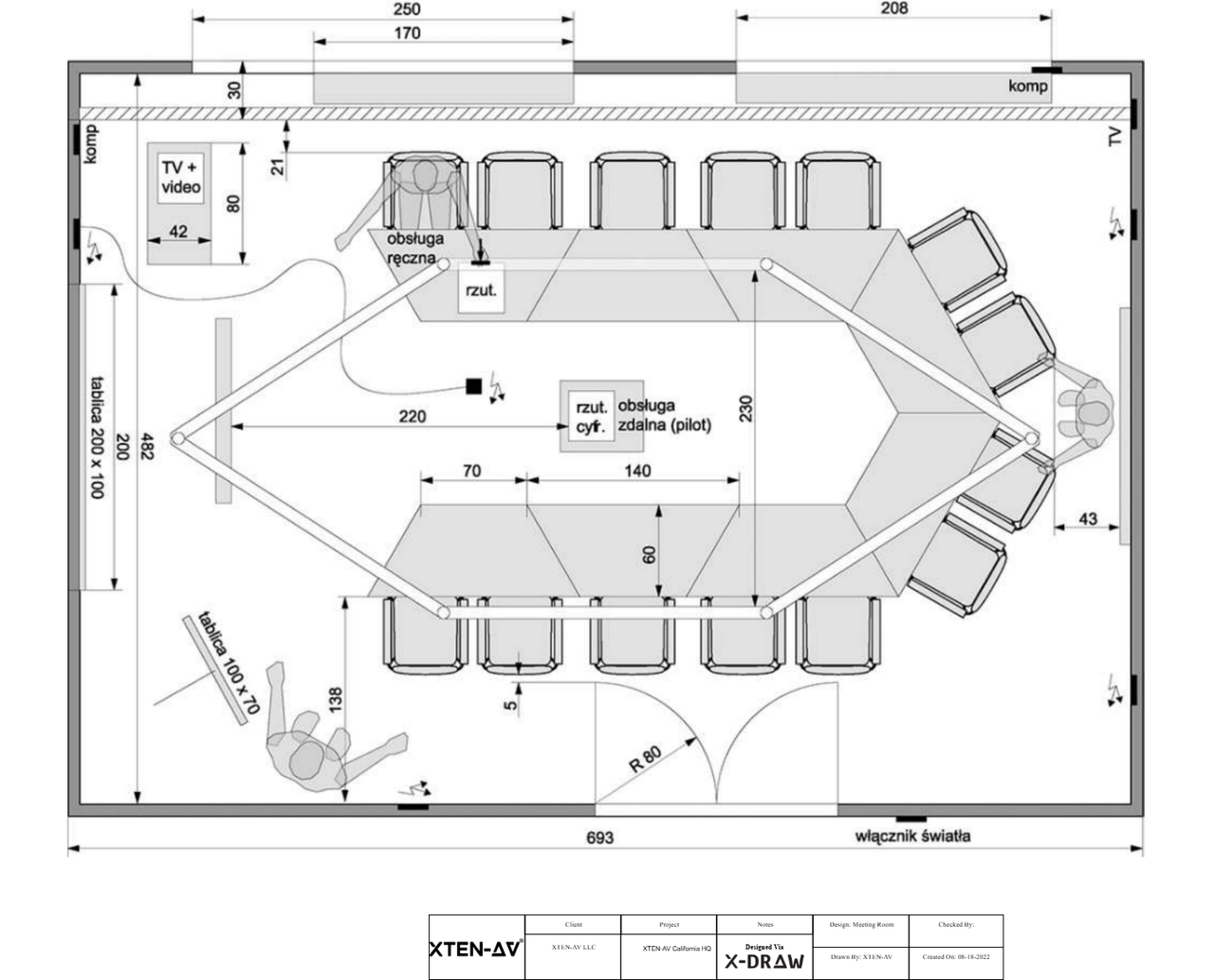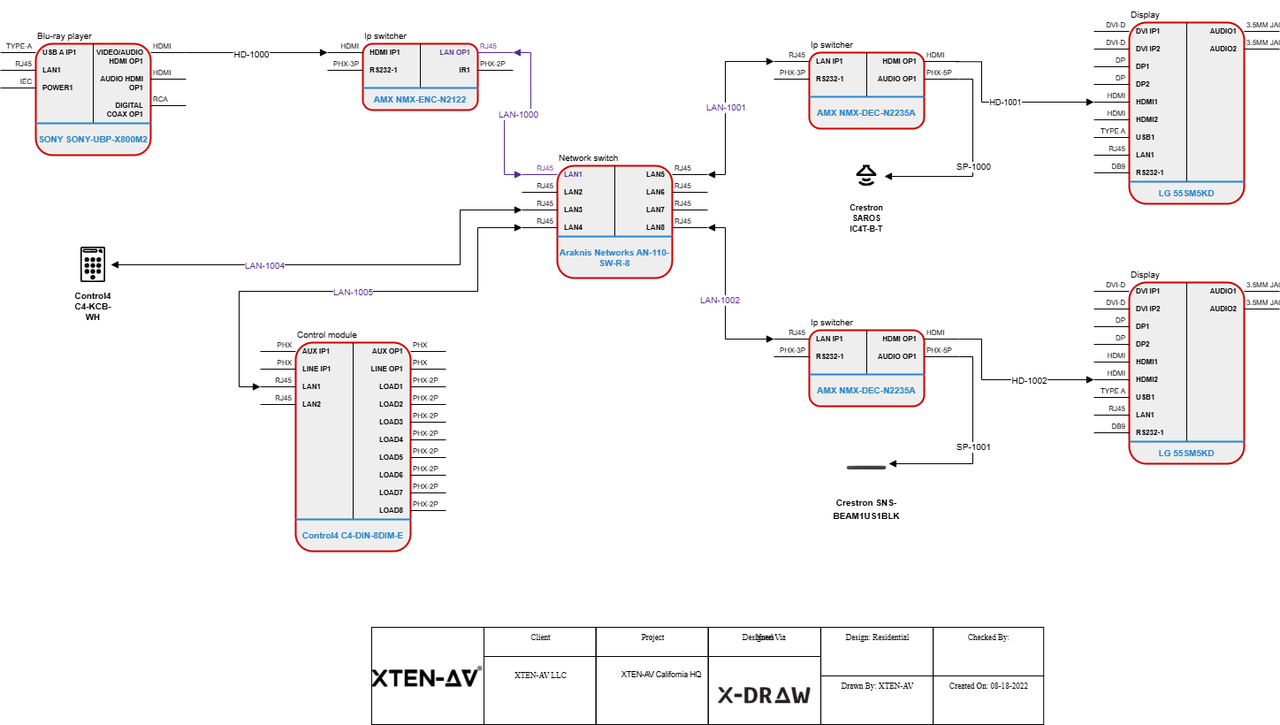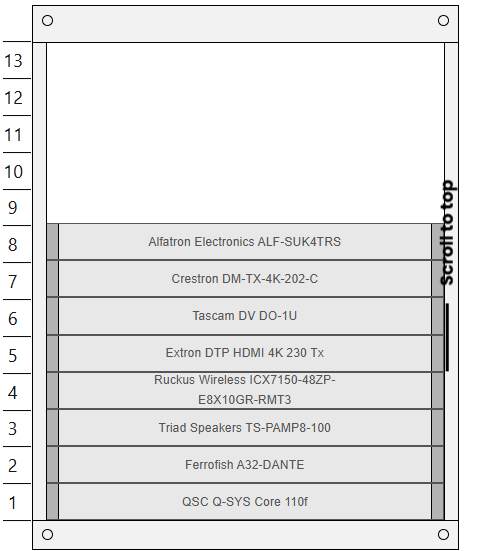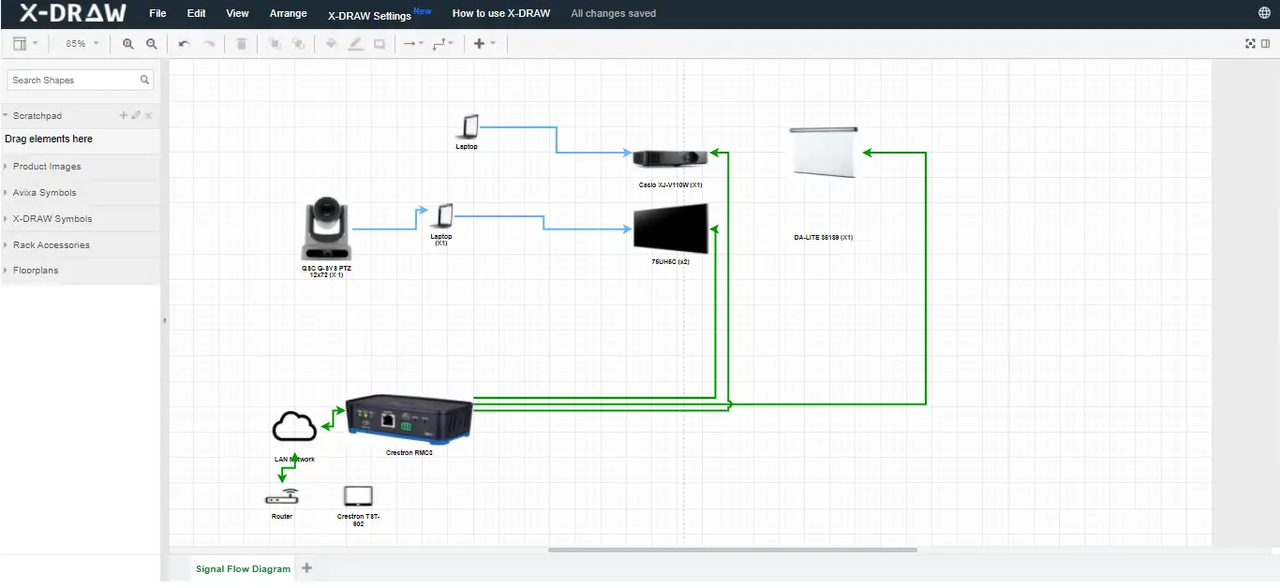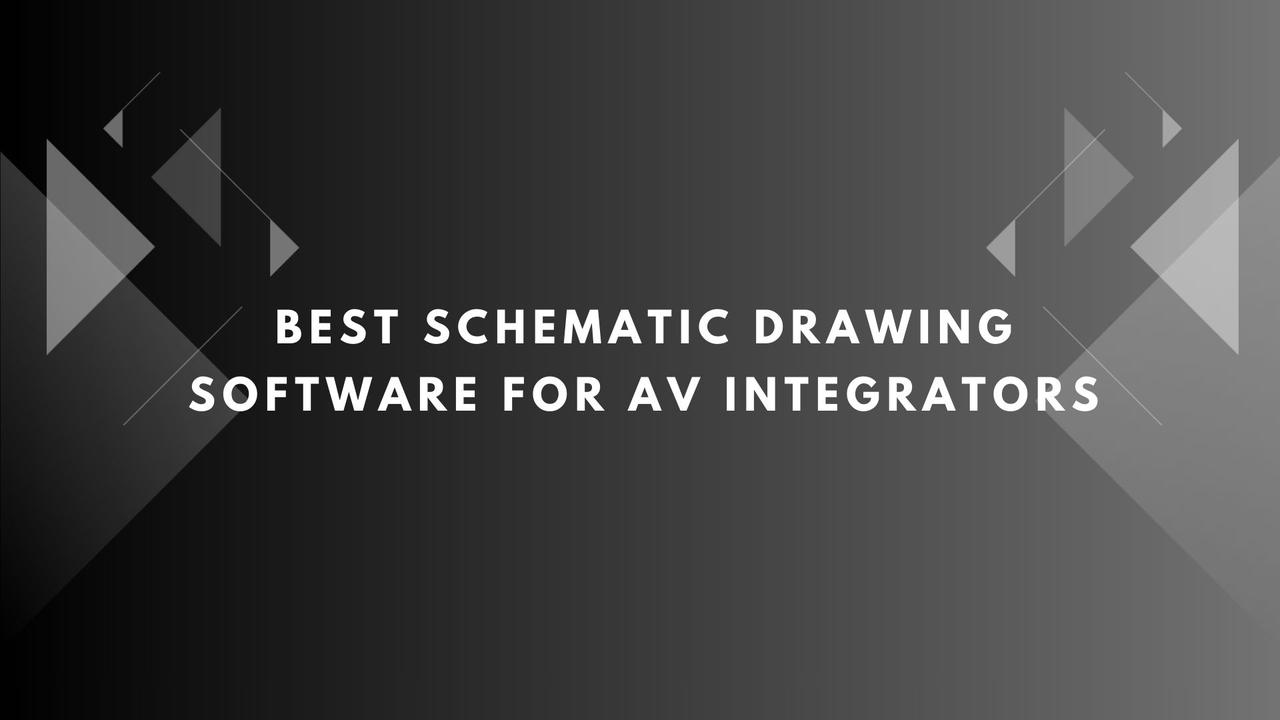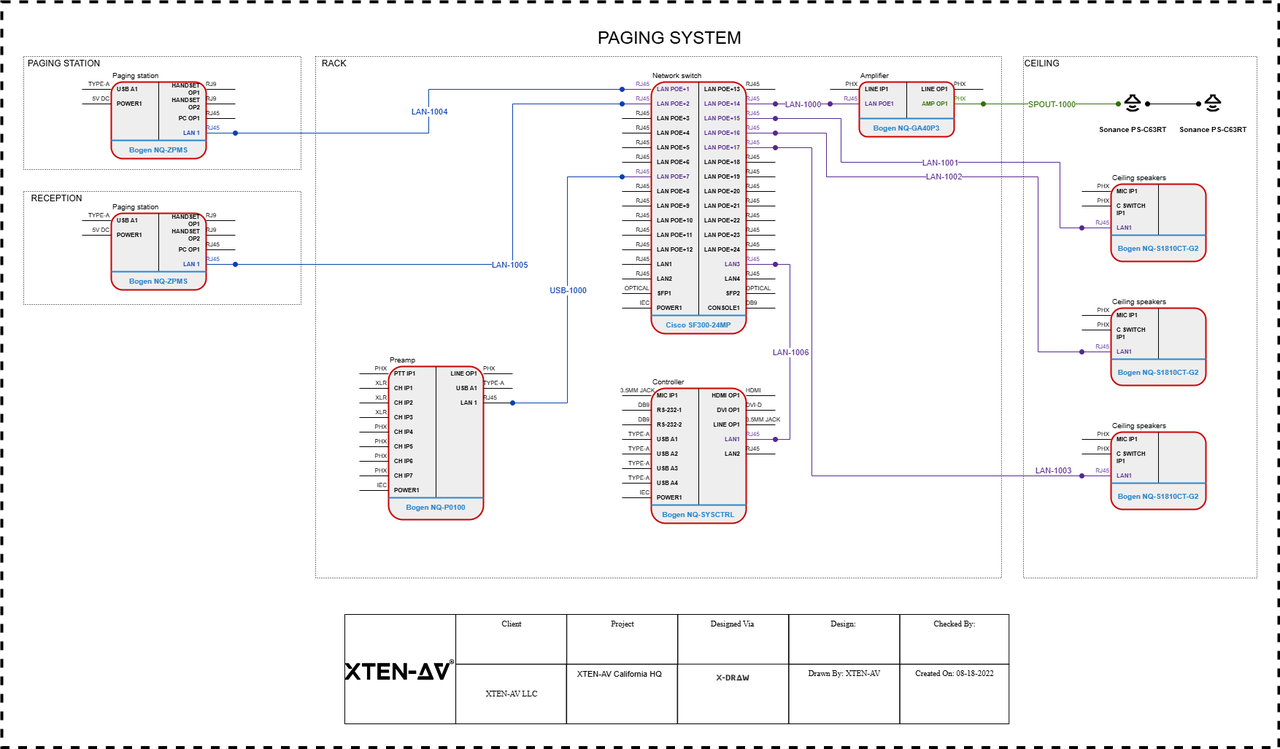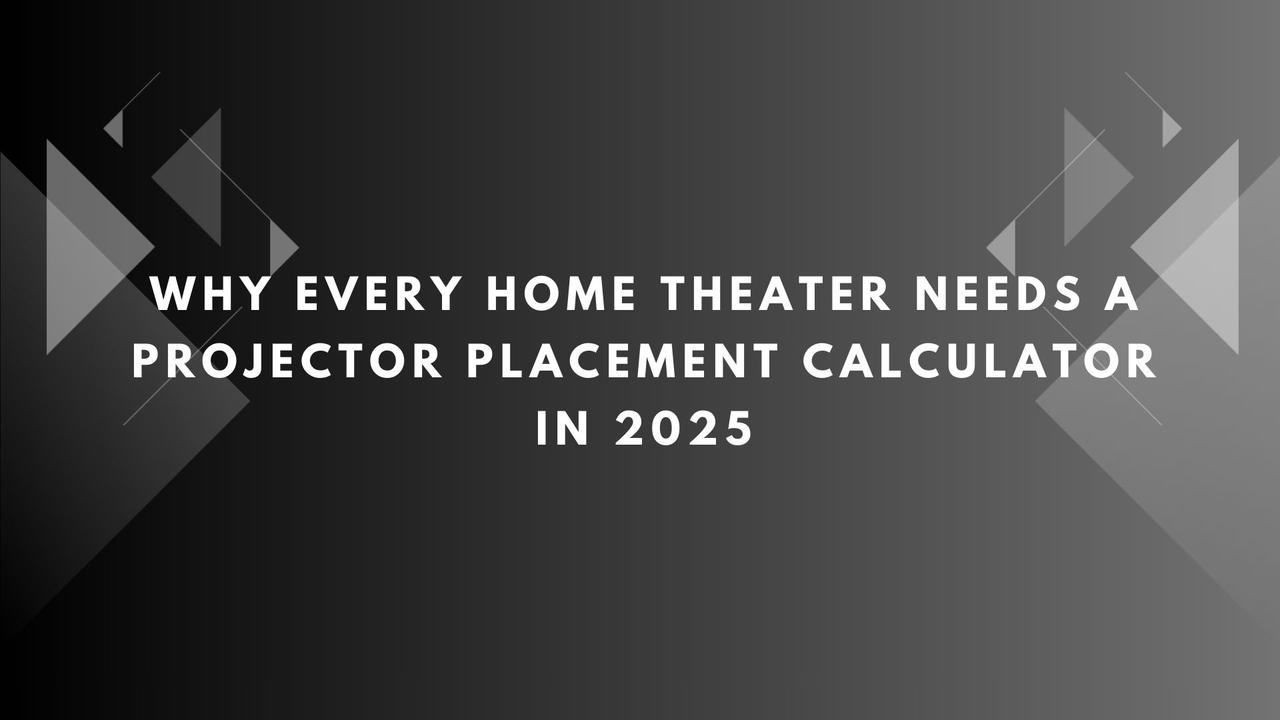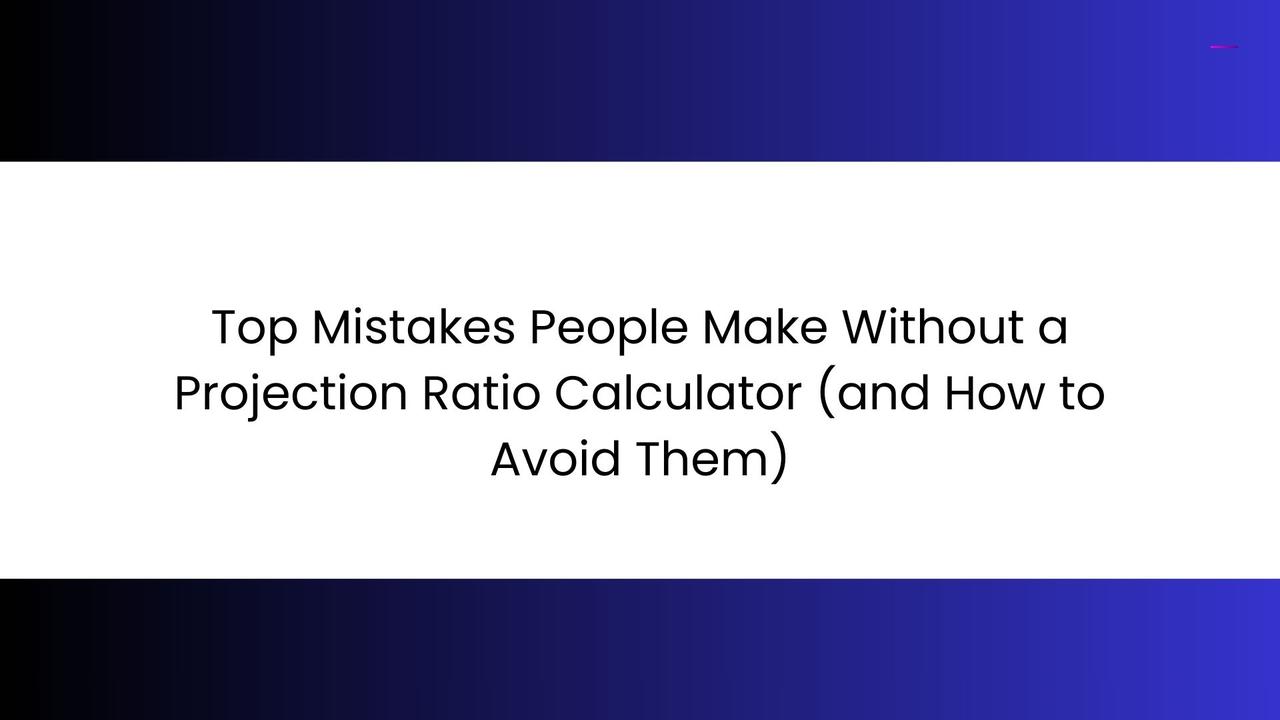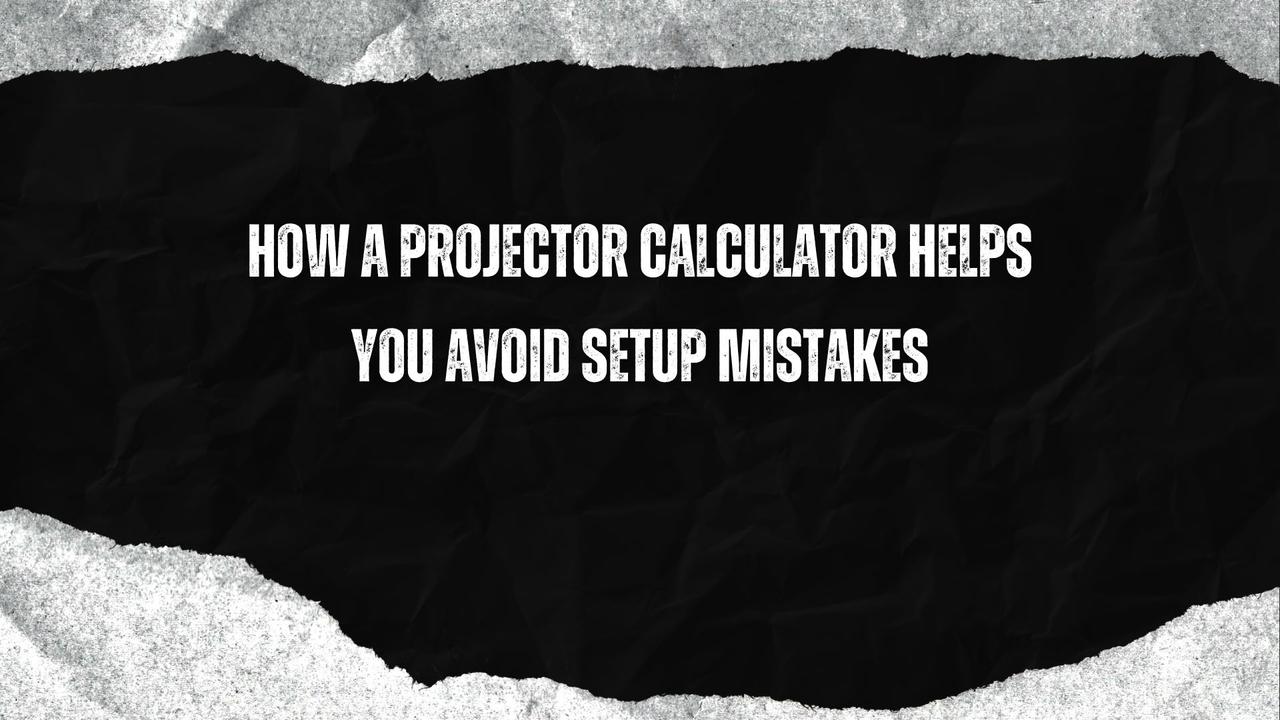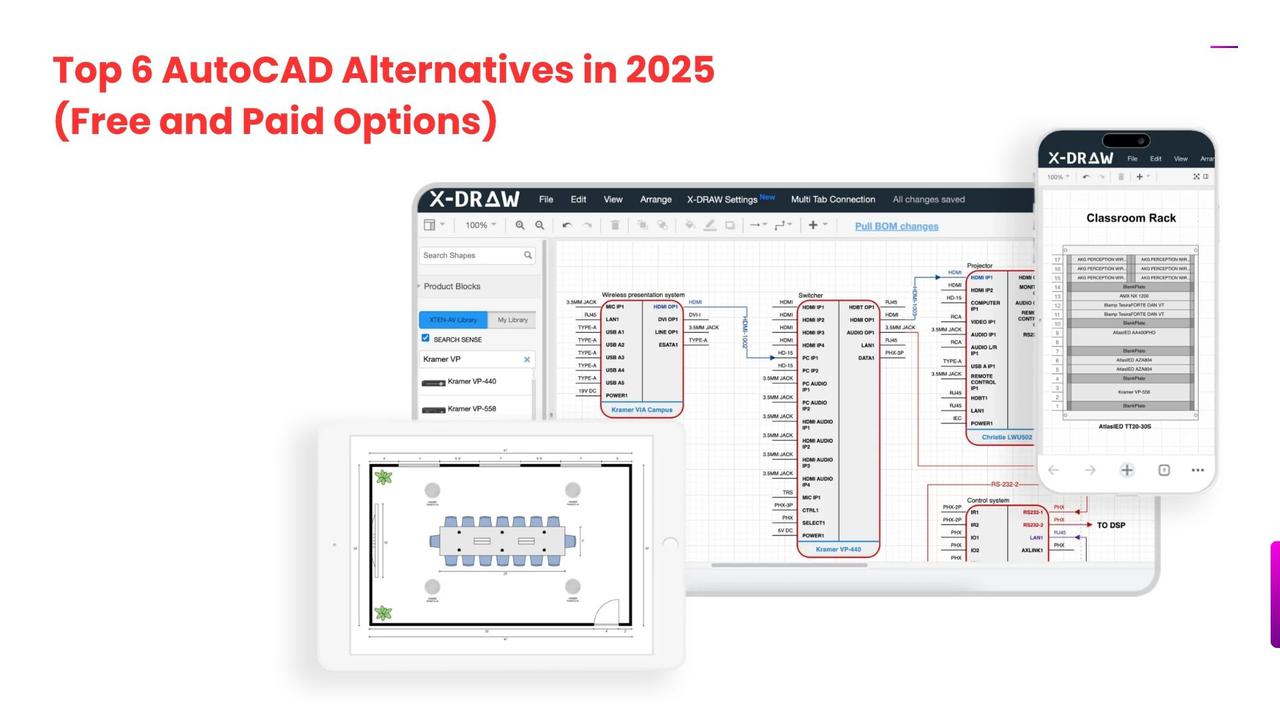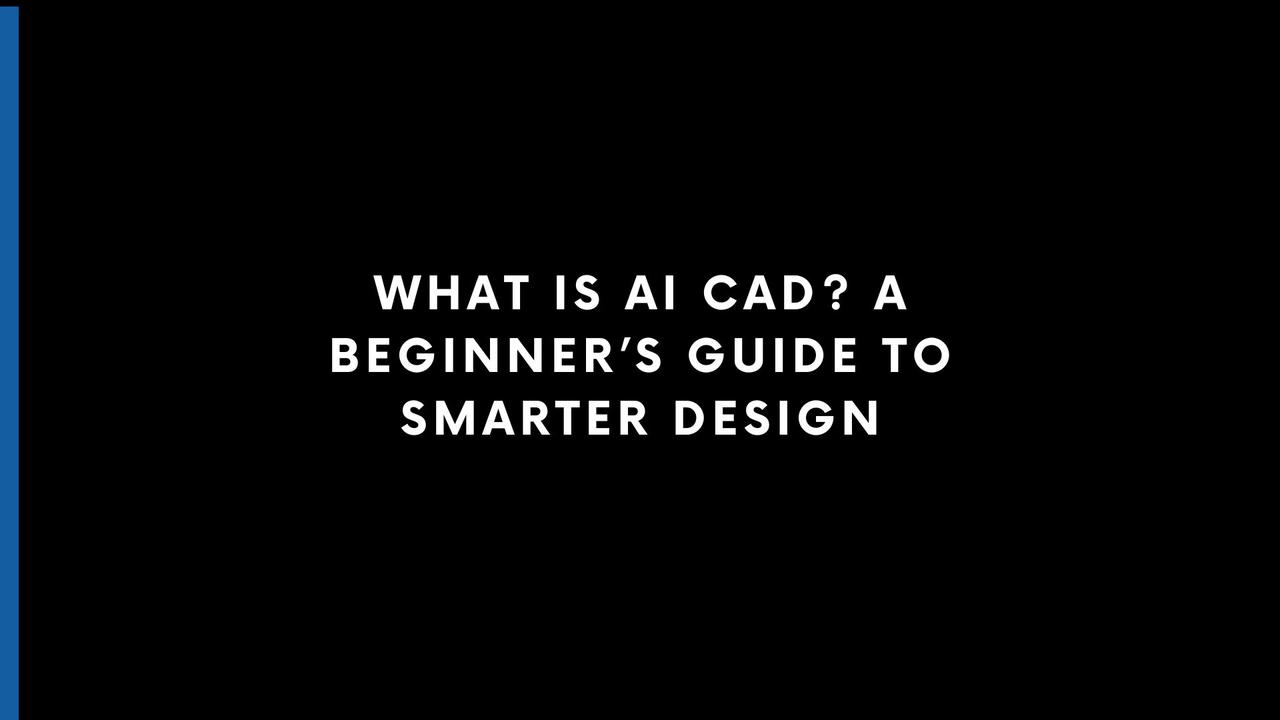Blogs
Project management has entered a new era—one driven by artificial intelligence (AI) and automation. As organizations tackle increasingly complex projects across distributed teams and digital platforms, traditional project management tools often fall short. That's where AI project management tools come into play. These tools are designed to streamline workflows, predict outcomes, enhance collaboration, and help teams achieve project goals faster and more efficiently.
In this blog, we will explore the top 10 AI project management tools you should try in 2025. But first, let's understand what AI project management actually is and why it's becoming indispensable in today's dynamic work environments.
What Is AI Project Management and Why It Matters in 2025
AI project management refers to the integration of artificial intelligence into project planning, execution, monitoring, and evaluation. By using machine learning algorithms, natural language processing, predictive analytics, and automation features, AI project management tools can analyze large data sets, forecast risks, suggest resource allocations, and optimize timelines.
In 2025, AI project management matters more than ever due to the sheer volume and velocity of projects organizations are handling. With hybrid teams, real-time collaboration needs, and shrinking deadlines, businesses are turning to AI tools to gain better visibility, control, and agility in their project workflows.
How AI Is Changing the Role of a Project Manager
The role of a project manager has traditionally been rooted in manual planning, scheduling, and status reporting. However, AI is now transforming this role into a more strategic and leadership-driven position. Project managers are no longer bogged down by repetitive tasks. Instead, they are leveraging AI to:
- Make data-informed decisions
- Predict and mitigate risks
- Focus on team collaboration and stakeholder engagement
- Automate reporting and task management
- Allocate resources based on AI-driven insights
This shift allows project managers to become more proactive than reactive, steering projects with greater confidence and foresight.
Top Benefits of Using AI in Project Management Workflows
- Predictive Analytics: AI can forecast project timelines, identify bottlenecks, and suggest preventive measures.
- Task Automation: Routine tasks like data entry, status updates, and report generation can be fully automated.
- Smarter Resource Allocation: AI recommends optimal resource distribution based on availability, skill set, and workload.
- Risk Management: Advanced algorithms can detect early signs of potential risks and suggest mitigation strategies.
- Enhanced Collaboration: AI-powered platforms facilitate real-time communication and document sharing.
- Real-Time Insights: Get live dashboards and analytics to keep all stakeholders aligned.
- Personalized Recommendations: AI tailors suggestions for each team member based on their past work and project behavior.
Now that we have covered the fundamentals, let’s dive into the main topic: the top 10 AI project management tools you should try in 2025.
Top 10 AI Project Management Tools You Should Try in 2025
1. XTEN-AV XTEN-AV leads the charge in AI-driven project management, especially for the audio-visual (AV) and systems integration industry. This tool is built to handle end-to-end project workflows, from design and documentation to task management and real-time collaboration.
Key Features:
- AI-powered design automation
- Real-time project status tracking
- Smart resource allocation
- Automated documentation generation
- Deep integration with AV devices and control systems
Why Try XTEN-AV in 2025? Its robust AI engine reduces manual workloads and improves design accuracy. It is especially effective for AV professionals who require precision, speed, and cross-platform collaboration.
2. ClickUp ClickUp continues to evolve as a powerhouse in project management with AI-based task suggestions, workflow automation, and smart notifications.
Key Features:
- AI assistant for task generation and prioritization
- Predictive time tracking
- Goal setting and OKR automation
- Customizable dashboards
3. Asana Asana’s AI upgrades help streamline work across teams with natural language commands, smart scheduling, and automated follow-ups.
Key Features:
- AI-based workflow builder
- Task dependency predictions
- Project risk analysis
- Integrated chatbots
4. Monday.com Monday.com has heavily invested in AI for workflow optimization. It now includes machine learning suggestions for workload balancing and time estimation.
Key Features:
- AI insights on project timelines
- Automatic updates and follow-ups
- Visual task progress modeling
- Integration with third-party tools like Slack and Teams
5. Notion AI Notion has grown from a note-taking app to an all-in-one productivity and AI project management platform. Its AI helps you brainstorm, summarize, and plan effectively.
Key Features:
- Smart project template generation
- AI-based writing assistance
- Real-time team collaboration
- Embedded data visualization tools
6. Wrike Wrike uses AI to automate workflows, suggest project templates, and provide real-time risk assessments.
Key Features:
- Predictive project analysis
- Smart scheduling and prioritization
- AI-powered workload balancing
- Agile and waterfall project support
7. Trello (with AI Power-Ups) Trello's simplicity is enhanced with AI-powered plug-ins that automate board management and offer predictive analytics.
Key Features:
- Card automation using Butler (AI engine)
- Smart deadline suggestions
- AI-based workload charts
- Integration with Jira and Confluence
8. Smartsheet Smartsheet blends spreadsheet-style management with AI features like natural language queries and predictive analytics.
Key Features:
- AI formula generation
- Task automation
- Budget forecasting
- Advanced Gantt chart capabilities
9. Jira (with Atlassian Intelligence) Jira, widely used in software development, now integrates Atlassian Intelligence to deliver AI-driven planning and sprint insights.
Key Features:
- AI-generated summaries and tickets
- Backlog prioritization
- Predictive sprint planning
- DevOps and Git integration
10. Forecast Forecast is built with AI at its core. It enables holistic project oversight by combining planning, resource management, and budgeting.
Key Features:
- AI-based time tracking and forecasting
- Budget prediction and cost control
- Resource allocation suggestions
- Integrations with QuickBooks and Xero
Conclusion
AI is no longer a futuristic concept in project management—it is a present-day necessity. From design automation to resource forecasting, AI tools are reshaping how teams plan, execute, and deliver projects. As we have explored in this blog, tools like XTEN-AV, ClickUp, Asana, and Monday.com are setting new benchmarks in 2025.
Whether you're an AV professional, a software developer, or a marketing lead, embracing AI project management can help you unlock efficiencies and drive better results. The top 10 AI project management tools you should try in 2025 each bring something unique to the table, helping you stay ahead in an increasingly competitive digital landscape.
Start exploring these tools today and transform how you manage your projects in the age of AI.
-
Prompt-based audio signal flow diagram creation explainedIn this blog post, we will delve into the innovative realm of prompt-based diagram creation, highlighting its significance in enhancing audiovisual (AV) workflows. By exploring how AI-assisted signal flow design can streamline and elevate modern AV projects, we will uncover the numerous benefits these technologies bring to professionals in the industry. Additionally, we will spotlight industry-leading platforms like XTEN-AV X-DRAW, demonstrating how they optimize diagram creation processes and empower users to effectively visualize complex AV systems. Prepare to elevate your understanding of AV workflows and discover tools that can transform your project management approach.
-
Will free AI-Powered wiring diagram tools replace manual drafting?In the ever-evolving landscape of design, AI-powered wiring diagram tools are transforming how engineers and designers create and visualize complex systems. These innovative tools streamline the drafting process, significantly enhancing efficiency and accuracy. However, the traditional art of manual drafting still holds vital importance, as it allows for the nuanced creativity and critical thinking that AI cannot replicate. By embracing a hybrid approach that combines the precision of AI technology with the imaginative insight of human creators, designers can produce superior results, achieving both functionality and innovation in their work. This balanced methodology not only maximizes productivity but also enriches the creative process, ensuring that the best of both worlds is harnessed for modern design challenges.
-
How AI for audiovisual projects cuts design time
The audiovisual industry faces an ongoing challenge: delivering increasingly complex systems faster while maintaining accuracy and quality. Traditional audiovisual system design methodologies—characterized by manual equipment selection, tedious signal flow diagram creation, repetitive calculations, and time-consuming documentation—create bottlenecks that limit organizational capacity and delay project delivery.
-
Ultimate home cinema setup cost guide: step-by-stepCreating your dream home theater in 2025 is an exciting endeavor, but it starts with a solid understanding of your budget. This blog post breaks down the essential costs associated with key components of a home cinema, such as high-quality projectors, superior sound systems, and comfortable seating. We’ll guide you through the financial aspects of each element, helping you make informed decisions that align with your vision. Additionally, we’ll share smart spending tips that allow you to maximize value without sacrificing quality, ensuring you achieve an immersive cinematic experience tailored to your lifestyle and preferences.
-
How to choose the right amplifier for ceiling speakers: the complete 2025 guideIn this blog post, we delve into the essential relationship between speakers and their power sources, highlighting how this pairing impacts sound quality and performance. We'll explore the key factors to consider when selecting the optimal amplifier for your specific audio setup, including wattage, impedance, and compatibility. Finally, we'll share expert tips for enhancing your home audio experience, ensuring that you achieve the perfect harmony between your speakers and amplifier for an immersive sound experience that brings your favorite music and movies to life.
-
Ultimate camera installation checklist for securityIn this blog post, we’ll walk you through the essential steps for a successful CCTV installation project. First, we’ll highlight key preparations to set the foundation for your installation, ensuring you have everything you need. Next, we’ll provide a comprehensive step-by-step guide for optimal camera placement and wiring to maximize coverage and minimize blind spots. Finally, we’ll discuss crucial post-installation checks, helping you finalize your setup to ensure that your security system operates at peak performance. Follow these guidelines to enhance your safety and peace of mind!
-
How to choose screen size based on auditorium throw distance and seating layout: complete guideIn this blog post, we delve into the critical components of projector calculations, starting with the fundamental formula for understanding throw distance, which is essential for optimal setups in any auditorium. We'll explore key considerations that influence the ideal screen size and layout, ensuring a comfortable viewing experience for audiences. Furthermore, we will discuss advanced projection planning techniques, including lens shift capabilities, the importance of keystone correction, and how screen gain impacts overall image quality. Whether you're designing a state-of-the-art auditorium or upgrading an existing space, this comprehensive guide provides the insights you need for effective projector use.
-
How to choose screen size based on auditorium throw distance and seating layoutIn this comprehensive blog post, we delve into the essentials of projector setup, starting with the fundamental throw distance formula that ensures your projector is correctly placed for optimal image quality. We then explore advanced considerations such as screen gain, lens shift, and keystone correction, which are crucial for achieving the best performance from your projector. Finally, we provide personalized guidance on how to tailor your seating layout and select the appropriate screen size to create an exceptional viewing experience that caters to your space and audience. Whether you're a novice or an experienced user, this guide will equip you with the knowledge to enhance your home theater or presentation setup effectively.
-
5 best free floor plan software toolsIn today's fast-paced design landscape, utilizing floor plan software is essential for maximizing efficiency and creativity in your projects. This blog post delves into the significance of floor plan software, highlighting how it can streamline your workflow and enhance visualization. Next, we’ll outline the key features you should seek in top-tier software, ensuring you choose a platform that suits your needs—whether it's user-friendliness, advanced tools, or integration capabilities. Finally, we’ll present a curated list of the top five free floor drawing software options available today, helping you kickstart your projects without breaking the bank while maintaining quality and precision.
-
Affordable AutoCAD alternatives for small businesses
In this guide, we'll explore why you might consider an AutoCAD alternative and review some of the best options on the market - including XTEN-AV's X-DRAW, a purpose-built solution for AV system integrators that goes beyond just DWG editing to streamline the entire proposal and project lifecycle.
-
Best free rack diagram software
In this in-depth guide, we'll explore the world of rack diagram software and show you why XTEN-AV stands out as the best free solution available today. As an AV system integrator or server rack builder, you won't want to miss this.
-
Top 10 wiring diagram software tools for 2025
In this comprehensive guide, we'll explore the top 10 wiring diagram software tools for 2025, with a special focus on XTEN-AV X-DRAW, the industry leader in AV system design software. We'll delve into the key features, benefits, and use cases of each tool, helping you make an informed decision when choosing the right software for your projects.
-
Best schematic drawing software for AV integrators
Whether you're a seasoned AV professional looking to upgrade your current software stack or a beginner seeking the most intuitive and powerful schematic design tools, this guide has you covered. Let's start by understanding the fundamental importance of schematic diagrams in AV system integration.
-
10 Best Schematic Drawing Software Tools in 2025
In the fast-paced world of electronics design and AV system integration, schematic drawing software has become an essential tool for engineers, technicians, and hobbyists alike. Whether you're designing a complex printed circuit board (PCB), creating a wiring diagram for an electrical system, or planning an AV installation, having the right schematic diagram software can make all the difference in terms of efficiency, accuracy, and collaboration.But with so many options on the market, from free and open-source schematic diagram software to high-end professional suites, it can be challenging to know where to start. That's why we've put together this comprehensive guide to the 10 best schematic drawing software tools in 2025, covering a range of price points, platforms, and feature sets to help you find the perfect fit for your needs.Before we dive into our top picks, let's take a closer look at what makes schematic drawing software so important and how it can benefit your workflow.
-
Why every home theater needs a projector placement calculator in 2025
In 2025, when entertainment systems have become more advanced than ever, one of the most overlooked yet critical aspects of a home theater setup is projector placement.
-
Classroom & conference room setup: why you should use a throw distance calculator
Place the projector, aim it at the screen, and you are ready to go. But anyone who has worked with projection systems knows that it is not that easy.
-
Top mistakes people make without a projection ratio calculator (and how to avoid them)
In this blog, we will explore the most common mistakes people make when they do not use tools like a projector throw ratio calculator.
-
How to match your projector to the perfect screen size
These tools help you align the projector, its throw distance, and the screen dimensions to create the optimal viewing experience.
-
How a Projector Calculator Helps You Avoid Setup Mistakes in 2025
When it comes to setting up a projector, the smallest miscalculation can lead to big issues. From distorted images and awkward placements to screens that simply do not align with the projection, errors can be frustrating and expensive to fix.
-
How a projector calculator helps you avoid setup mistakesIn the world of audiovisual presentations, achieving a flawless setup is paramount, and understanding the role of projector calculators is key to that success. This blog post explores the various types of projector calculators available, highlighting how each one effectively minimizes common setup mistakes such as incorrect throw distance and screen size. We will also share best practices to optimize your use of these tools, ensuring that you maximize your projection experience. Whether you're a seasoned professional or a novice presenter, utilizing projector calculators correctly can transform your visual displays and leave a lasting impact on your audience.
-
What is a projector calculator and why you need one
In this blog, we’ll explore what a projector calculator is, how it works, and why it’s an essential tool for AV professionals and casual users alike.
-
Top 6 AutoCAD alternatives in 2025 (Free and paid options)In today’s rapidly evolving design landscape, users are increasingly shifting from AutoCAD to innovative alternatives that offer enhanced features, competitive pricing, and superior performance. This blog post explores the top AutoCAD alternatives, highlighting their unique capabilities and cost-effectiveness, while providing a detailed comparison to help you make an informed decision. Additionally, we’ll share invaluable tips to ensure a seamless transition, enabling you to maintain productivity during the switch and adapt to your new design software with confidence.
-
What is AI CAD? A beginner’s guide to smarter designIn the rapidly evolving landscape of design and engineering, AI CAD emerges as a groundbreaking tool that revolutionizes the creative process, enhancing both innovation and efficiency. This blog post delves into the transformative benefits of AI CAD, showcasing how it elevates your projects by optimizing workflows and sparking creativity. Whether you’re a beginner eager to explore new frontiers or a seasoned professional seeking to refine your techniques, our essential tips will guide you in harnessing the full potential of AI CAD, setting the stage for success in your design endeavors. Join us as we navigate this exciting intersection of technology and creativity!

In today’s fast-paced real estate market, staying ahead of the competition requires innovative strategies and informed decision-making. Discover how AI can transform your real estate strategies and enhance decision-making with powerful insights that drive success. Real estate professionals, from agents to investors, are increasingly turning to artificial intelligence to streamline operations, predict market trends, and identify investment opportunities, allowing them to make data-driven choices that significantly improve outcomes.
As we delve into the transformative potential of AI in real estate, we will explore cutting-edge tools designed to empower industry players. From predictive analytics to virtual property tours, AI-driven solutions are redefining how we approach buying, selling, and managing properties. Join us on this journey to uncover the future of real estate, where harnessing the power of AI not only enhances your strategies but also paves the way for sustained growth and profitability in an ever-evolving landscape.
Transform your real estate strategies with AI insights
The integration of AI into real estate strategies offers a revolutionary approach to understanding market dynamics. By harnessing vast amounts of data, AI algorithms can uncover valuable insights about property trends, buyer behavior, and investment opportunities. Real estate professionals can leverage these insights to adapt their strategies, making informed decisions that align with market demands. For example, predictive analytics can forecast property prices, allowing agents and investors to identify lucrative opportunities before they fully materialize.
Moreover, AI tools enable real estate businesses to streamline their operations, saving time and resources. Automated systems can handle everything from tenant screenings to property valuations, freeing agents to focus on high-value tasks such as relationship building and negotiations. By adopting AI-driven insights, real estate companies can gain a competitive edge, ensuring they remain ahead of the curve in a rapidly evolving market. As we discover how AI can transform your real estate strategies, it's clear that embracing technology leads to smarter, data-backed decision-making that enhances overall business performance.
Enhance decision-making through cutting-edge AI tools
The advent of artificial intelligence is revolutionizing how real estate professionals approach decision-making. By leveraging advanced AI tools, agents and investors can analyze vast amounts of data to uncover valuable insights. For instance, predictive analytics can forecast market trends and property values, allowing stakeholders to make informed choices based on empirical evidence rather than intuition. These tools streamline processes, enabling real estate professionals to focus on strategic planning and relationship building rather than getting bogged down in data analysis.
Moreover, AI-driven solutions like chatbots and virtual assistants enhance client interactions by providing timely, relevant information. Real estate agents can utilize these technologies to engage with potential buyers, answer questions instantly, and schedule viewings without delay. This not only improves customer service but also increases operational efficiency. As a result, AI empowers real estate professionals to create tailored strategies for their clients, ultimately leading to better outcomes and increased satisfaction. Embracing these cutting-edge AI tools transforms decision-making from a reactive to a proactive process, giving you a significant edge in the competitive real estate market.
Discover the future of real estate: AI-driven solutions for success
The future of real estate is increasingly being shaped by the integration of AI-driven solutions. These technologies provide valuable insights into market trends, consumer behavior, and property valuations, enabling real estate professionals to make data-driven decisions with unmatched precision. By harnessing advanced analytics, agents and investors can identify lucrative investment opportunities, predict market shifts, and tailor their strategies to meet evolving customer demands. As AI continues to evolve, its ability to analyze vast datasets in real-time ensures that real estate stakeholders stay ahead of the competition.
Moreover, AI-powered tools help streamline various aspects of property management and customer engagement. Virtual assistants and chatbots, for instance, revolutionize how clients interact with real estate professionals, providing instant support and personalized experiences. Predictive analytics use historical data to forecast future trends, allowing agents to proactively address potential challenges and capitalize on opportunities. As you explore the transformative potential of AI in real estate, you'll discover how incorporating these technologies not only enhances efficiency but also paves the way for innovative strategies that drive long-term success.
